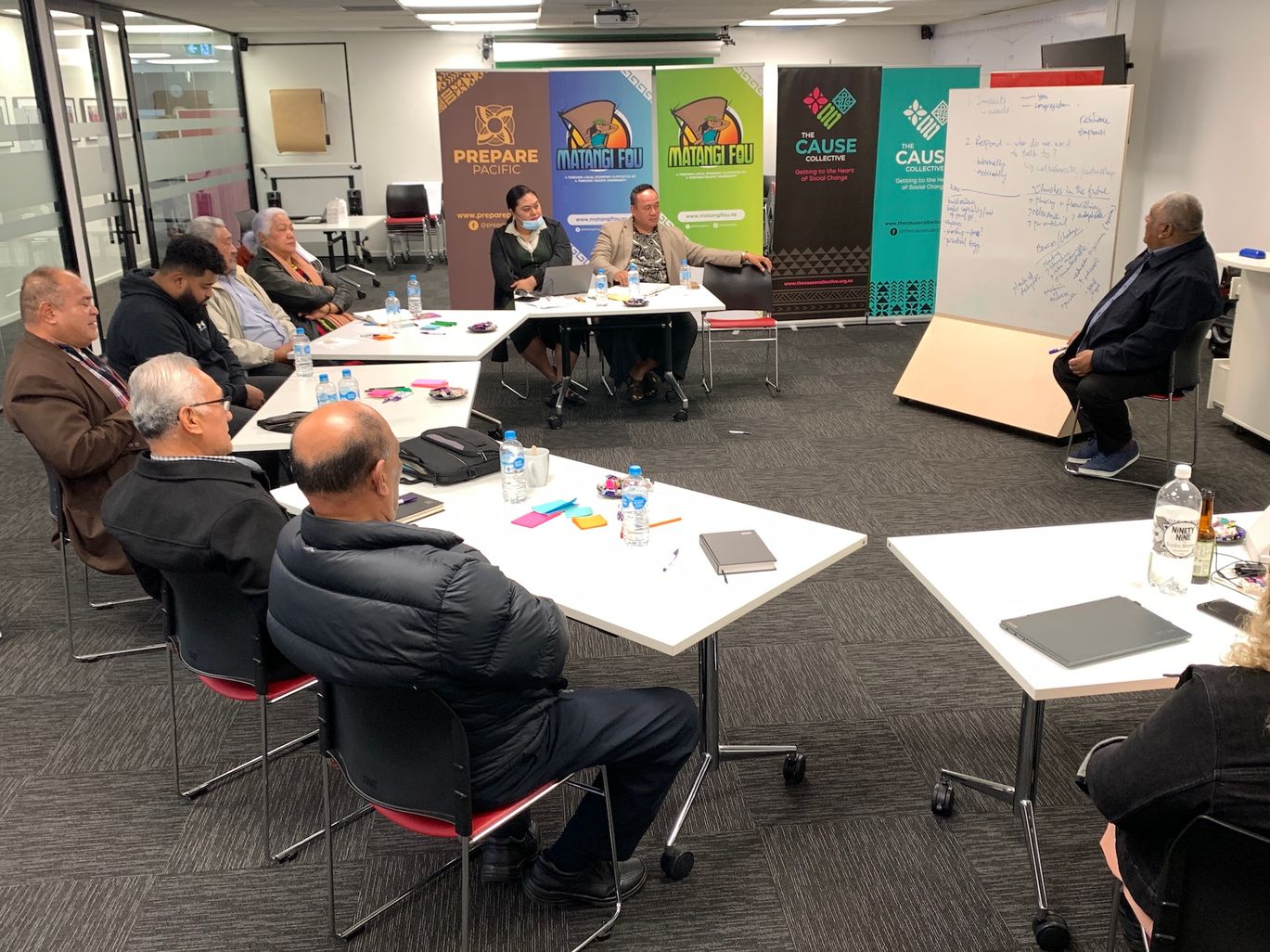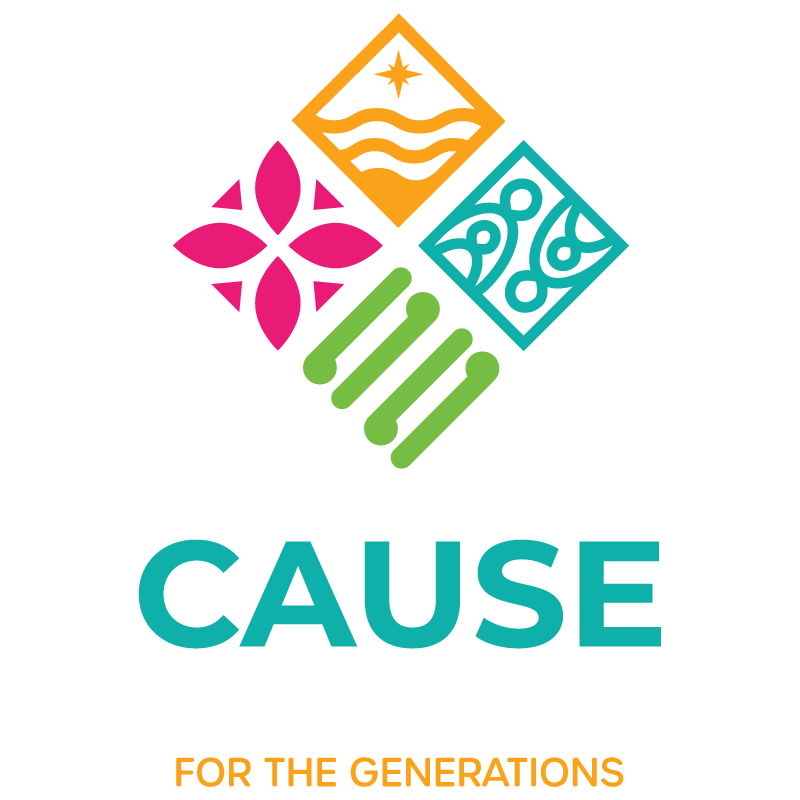
Who provides Pastoral Care for our ministers?
On a good day, a minister knows their purpose and is able to guide their flock with precision and poise. On a bad day? Their mental health takes a toll while they’re caring for their congregations. What happens when the minister that provides pastoral care needs pastoral care for him or herself?
Our ministers, from all denominations, play a crucial role in our communities. Not only in providing care that is important to our spiritual well-being. But they are privy to crucial moments of our lives, from birth all the way through to our final rites and/breath.
In times of difficulty, when we are not at our spiritual, physical, emotional or even mental best we often find ourselves seeking guidance and counsel from our ministers, pastors, priests and religious equivalents.
For our Pasifika people especially, community life is built around the family, the church and the village. So in New Zealand, churches are not unlike villages where our ministers are the most powerful and respected people– a role similar to the village chiefs.
Churches are often the centre of social life for many of our families. As well as religious worship, churches provide health and education services, sport, music and social activities. Moreover early childhood centres, Pacific language nests and adult education classes are often run on church premises.
Because of this pull, some government agencies work with churches to deliver social, educational and public health programmes to Pacific people. The Ministers Collective was convened at the height of the delta variant outbreak in Auckland to encourage and mobilise Pacific communities to get vaccinated.
It goes without saying that the church’s role is crucial for our people who are trying to navigate the systems in which we live – from education, employment, health, and social, to sport and youth spaces.
And if wellness is a full integration of physical, mental, emotional and spiritual well-being, our ministers are across it all.
However we often forget an incredibly important detail when we’re taking stock of all that our ministers do for their congregations, the simple facts of their own humanness and mortality. As we discuss exactly how our pastors take care of their flocks, we are remiss in forgetting to ask who, then, looks after the wellbeing of our ministers?
Whether it’s due to personal situations or part of the burden of their ministry, it is only human for our Ministers to feel pressure.

Rev Atu Langi, during an Interfaith Ministers Collective meeting, joined in the discussion of pastoral care in which he pointed out that ministers were not superhuman.
“We are human beings, not angels,” he said, to nods of agreement around the room, “our churches don’t see us as having problems, we have big problems.
“We go through these big emotions but if a church member calls us or we come across a church member we need to switch it off and change our personas.”

The collective consists of different denominations and cultural backgrounds including the Congregational Christian Church of Samoa, Samoan Methodist Church, Tongan Wesleyan Church, Cook Island Seventh Day Adventist Church, NZ Wesleyan Church.
The term pastoral ministry relates to shepherds and their role caring for sheep, and was adopted for metaphorical usage historically first by Christians, although many religions and non-religious traditions contain an emphasis on care and social responsibility. In the West, pastoral ministry has since expanded into pastoral care embracing many different religions and non-religious beliefs.
Shepherding involves protection, tending to needs, strengthening the weak, encouragement, feeding the flock, making provision, shielding, refreshing, restoring, leading by example to move people on in their pursuit of holiness, comforting, guiding.
Being on the receiving end of our faith-based problems, on the end of any problems, leaves people at risk- so what system is in place to ensure that our ministers are being looked after in order to mitigate this risk?
Who do our ministers turn to for guidance? Their wives? Their peers?
Sam Lafolua Relationships Manager – Pacific Faith Based Communities – at The Cause Collective has led the weekly gathering of The Ministers Collective since its inception and has seen firsthand how the ministers were able to mobilise their communities in ways that government arms could only imagine. He says the ministers are an integral part of society so it’s important we return the favour and check in on their wellbeing just as much as they check in on ours.
“How can we support pastors in terms of their mental wellbeing, how can we support them in what they do, given they support us/our communities?
“There’s room for a support system or network which The Ministers Collective provides, however the efficacy can only be determined by time and growth.
“We welcome more Ministers in the collective, from all denominations. It’s important that we have a hand in building the system so that we are not left behind in the ebbs and flows of a changing society.”
For more information about the Ministers Collective, contact Sam Lafolua, Relationships Manager – Pacific Faith Based Churches.
E: [email protected] M: 021 082 53498

